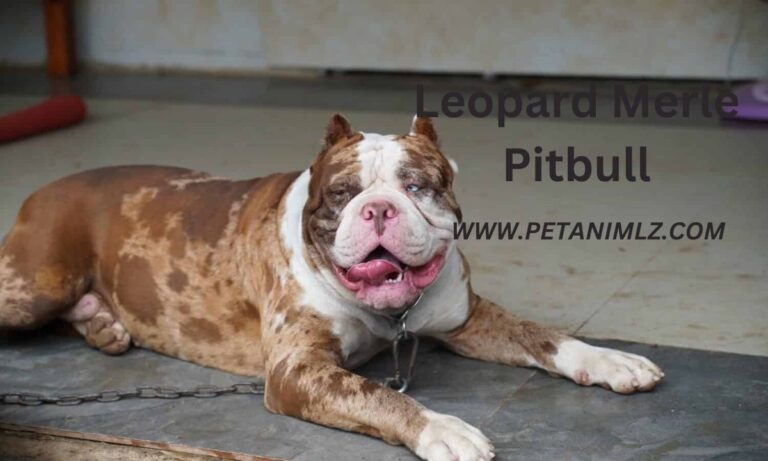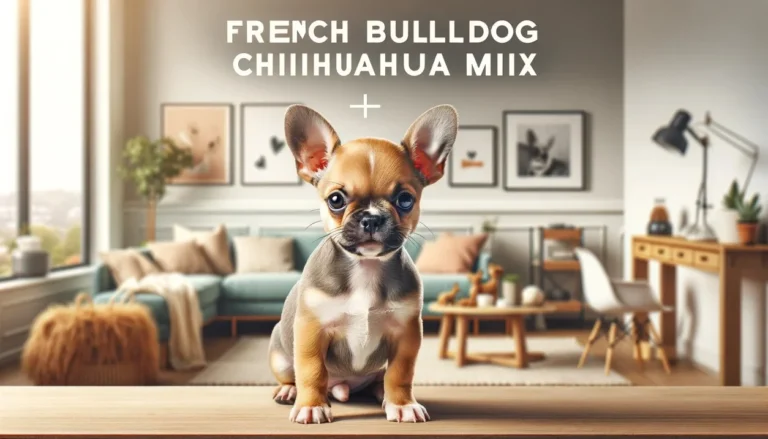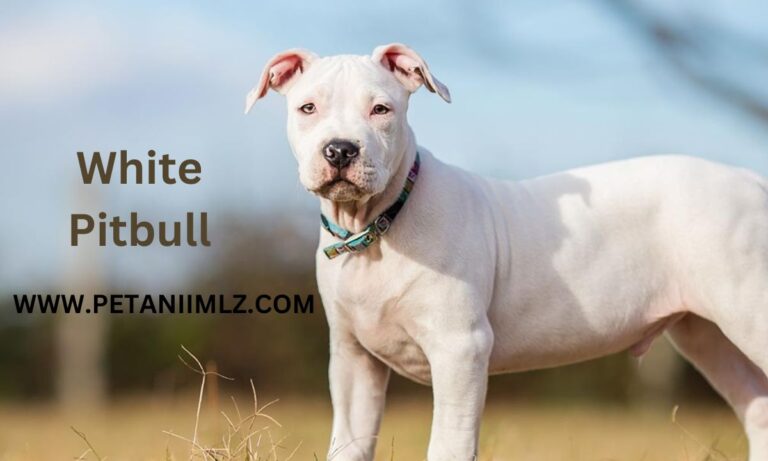Gator Mouth Pitbulls: A Comprehensive Guide
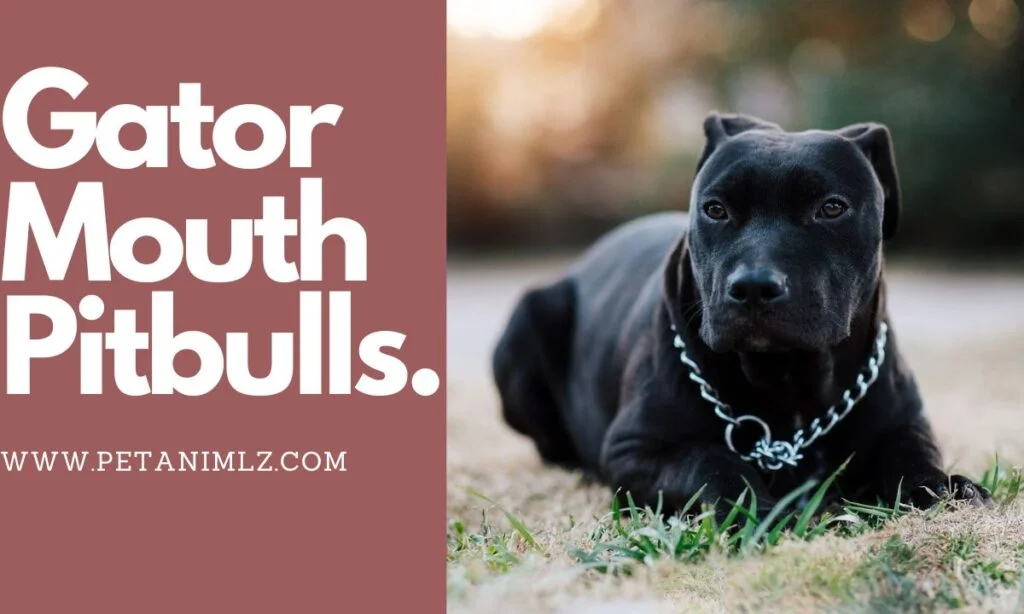
Introduction to Gator Mouth Pitbull
The Gator Mouth Pit-bull, a distinct bloodline within the broader category of pit bulls, is well-known for its strong frame, loyalty, and rather unique history. This bloodline originated from special breeding aimed at improving particular attributes and this is why it has become really popular because of its brawny body structure, bulky look plus its powerful jaws that made it receive such a name. Normally these dogs fall under the medium to big-sized range with well-defined musculatures; they usually have wide heads and short glossy coats whose shades include black, brindle, or fawn among others.
Just like in other types of Pit-bulls, some common features define Gator Mouth Pit-bulls although their lineage differs significantly from the rest breeds while some traits were purposely bred into them over generations. They are known for their intelligence and being friendly but can also be quite stubborn if they’re not properly trained and socialized from an early age despite being very loyal to family members. Even though its history includes controversial things such as dog fighting, responsible ownership could turn the Gator Mouth Pit-bull into a lovely pet. It is important for anybody thinking about this incredible breed to understand its needs as well as background.
GATOR MOUTH PITBULL: A UNIQUE BLOODLINE WITH DISTINCTIVE TRAITS
Within the Pit-bull group, the Gator Mouth Pit-bulls are an important bloodline; characterized by their muscular build and peculiarity. These dogs are faced with selective breeding aimed at enhancing certain characteristics that have resulted in broad-headedness, power jaws, and strong compact body structures. Their relatively short hair coats can be found in a variety of colors such as black, brindle, or fawn.
Despite this robust look, Gator Mouth Pit-bulls are faithful and charming towards their owners. Due to their strength and intelligence, they need early training to prevent them from becoming rebellious since they can be so obstinate. The breed also has a contentious past in which some lineage has been associated with dog fighting but with responsible ownership; these pets are affectionate while grandly behaved. It is crucial for anyone who would wish to keep this unusual breed to comprehend its’ ancestry, character traits as well as caring requirement’s
What Does Gator Mouth Pit bulls Look Like?
A Gator Pitbull, often referred to based on its lineage from the Gator bloodline, has certain distinctive features that can be associated with the breed, but it’s essential to note that individual appearances can vary. Here’s a general description of what a Gator Pitbull might look like:
- Size: Gator Pitbulls are medium to large-sized dogs, with a muscular and robust build.
- Head: They have a broad and chiseled head, giving them a strong appearance. The jaws are powerful, and the muzzle is medium in length.
- Eyes: Their eyes can be of various colors, but they are typically almond-shaped and display a keen, alert expression.
- Ears: The ears can be cropped or left natural. When natural, they are of medium length and fold over slightly.
- Body: The body of a Gator Pitbull is compact but muscular. They have a deep chest, strong shoulders, and a well-defined musculature.
- Coat: Their coat is short and glossy. It can come in a variety of colors, including black, blue, brindle, fawn, and combinations thereof.
- Tail: The tail is of medium length and tapers to a point. It’s not overly thick and hangs low.
- Legs: The legs are sturdy and muscular, with the hind legs being slightly more muscular than the front.
- Temperament: While not a physical feature, it’s worth noting that Gator Pitbulls, like other Pitbulls, often have a loyal, affectionate, and sometimes protective demeanor.
It’s essential to understand that while the Gator bloodline might have specific traits associated with it, individual dogs can vary in appearance based on genetics, health, and other factors.
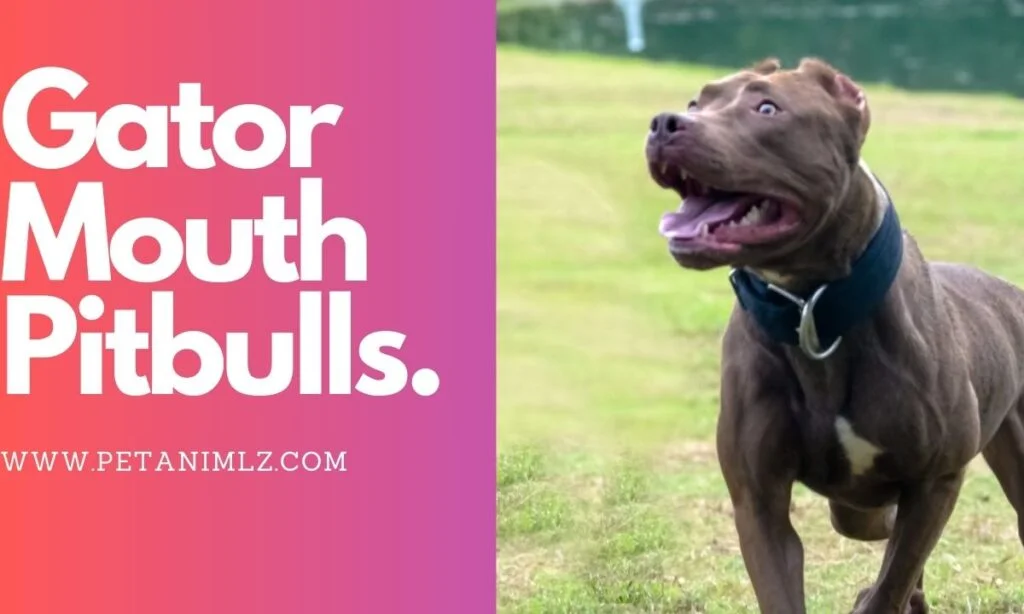
Training Your Gator Pitbull Puppy
Training a Gator Pitbull puppy, like training any dog breed, requires patience, consistency, and positive reinforcement. Given the strength and potential stubbornness of the breed, early training and socialization are crucial. Here’s a guide to help you train your Gator Pitbull puppy effectively:
- Start Early
- Begin training as soon as you bring your puppy home. Puppies are most impressionable between 8 to 12 weeks, making it an ideal time to start.
- Socialization
- Expose your puppy to various people, places, sounds, and other animals. This helps in preventing future aggression and fearfulness.
- Enroll in puppy socialization classes if possible.
- Basic Commands
- Start with basic commands like sit, stay, come, down, and heel.
- Use treats and praise as rewards when your puppy follows a command.
- House Training
- Establish a routine. Take your puppy out first thing in the morning, after meals, and before bedtime.
- Praise and reward when they do their business outside.
- If an accident happens indoors, clean it up immediately to remove the scent.
- Bite Inhibition
- Gator Pitbulls have strong jaws. Teach them bite inhibition to ensure they don’t bite down hard.
- If your puppy bites during play, let out a yelp and stop playing. This teaches them that hard biting ends the fun.
- Leash Training
- Introduce the leash and collar early. Start with short walks around the house or yard.
- Ensure the puppy doesn’t pull on the leash. If they do, stop walking until they calm down.
- Avoid Negative Reinforcement
- Never use physical punishment. It can lead to fear and aggression.
- Instead, use positive reinforcement techniques like treats, praise, and toys.
- Consistency is Key
- Ensure all family members are on the same page regarding rules and commands. Consistency helps the puppy learn faster.
- Mental Stimulation
- Gator Pitbulls are intelligent dogs. Use puzzle toys, obedience training, and games to keep their minds active.
- Address Aggression Early
- If your puppy shows signs of aggression, consult a professional dog trainer or behaviorist. Early intervention can prevent future problems.
- Regular Exercise
- Ensure your Gator Pitbull puppy gets plenty of exercises to burn off energy. A tired dog is a well-behaved dog.
- Join a Training Class
- Consider enrolling in a puppy training class. It provides an opportunity for socialization and professional guidance.
Gator Pitbull Pros and Cons
Gator Pitbulls, like all breeds, come with their own set of advantages and challenges. Here’s a breakdown of the pros and cons associated with this particular bloodline:
Pros:
- Loyalty: Gator Pitbulls are known for their unwavering loyalty to their owners. They form strong bonds with their families.
- Intelligence: They are smart dogs, which can make training easier if started early and done consistently.
- Protective Nature: Their protective instincts can make them excellent watchdogs, ensuring the safety of your home and family.
- Affectionate: Despite their tough exterior, Gator Pitbulls are incredibly affectionate and love to cuddle with their owners.
- Adaptable: They can adapt to various living situations, from apartments (with proper exercise) to homes with large yards.
- Resilient Health: With proper care, they can be relatively free from major health issues, although, like all breeds, they have some predispositions.
- Versatility: Gator Pitbulls can be trained for various activities, from basic obedience to more advanced tasks.
Cons:
- Potential Aggression: If not socialized early and properly, they can show signs of aggression, especially towards other animals.
- Stubbornness: Their intelligence can sometimes lead to stubborn behavior, which can pose challenges during training.
- Exercise Needs: They require regular exercise to keep them mentally and physically stimulated. Without it, they can become destructive.
- Breed Stigma: Due to misconceptions and media portrayal, Pitbulls, including the Gator bloodline, often face breed-specific legislation and negative biases.
- Health Issues: While generally healthy, they can be prone to certain health problems like hip dysplasia, heart conditions, and skin issues.
- Training Needs: Due to their strength and potential for stubbornness, consistent and early training is crucial.
- Insurance and Housing Challenges: Owning a Gator Pitbull might lead to challenges in securing homeowners’ insurance or renting certain properties due to breed restrictions.
Gator Pitbull Life Expectancy
The life expectancy of a Gator Pitbull, like other Pitbull breeds, typically ranges between 10 to 15 years. However, this can vary based on several factors:
- Genetics: Some bloodlines may have hereditary health issues that can affect lifespan.
- Diet: A balanced and nutritious diet can contribute to a longer, healthier life.
- Exercise: Regular exercise helps maintain a healthy weight and overall well-being.
- Regular Veterinary Care: Routine check-ups and vaccinations can prevent or detect health issues early.
- Living Conditions: A safe and loving environment can positively impact a dog’s mental and physical health.
- Preventive Care: Regular grooming, dental care, and preventive treatments for parasites can contribute to overall health
History of Gator Mouth Pitbull
- Origins and Significance of the Bloodline: The Gator Pitbull bloodline traces back to specific breeding practices aimed at enhancing certain traits. This breed’s history is rich, with tales of valor, loyalty, and unfortunately, some dark chapters.
- Connection to Dog Fighting: Historically, some bloodlines of the Gator Mouth Pitbulls were bred for dog fighting. This controversial past has led to many of the misconceptions and biases against the breed.
Physical Appearance
- Description: Standing tall with a muscular build, the Gator Pitbull boasts a height of 18-22 inches and weighs between 40 to 100 pounds. Their coat can vary in colors, including black, grey, fawn, and brindle.
Temperament and Trainability
- Personality Traits: Despite their robust appearance, Gator Pitbulls are known for their affectionate and loyal nature. They are eager to please and form strong bonds with their families.
- Training Needs and Challenges: Due to their intelligence and sometimes stubborn nature, consistent and positive reinforcement training methods work best. Early socialization is crucial to ensure they are well-rounded and sociable.
Are Gator Mouth Pitbulls More Aggressive?
- Understanding Aggression: While the breed has a history connected to dog fighting, it’s essential to differentiate between individual dog behavior and breed generalizations. Proper upbringing plays a significant role in a dog’s behavior.
- Human vs. Animal Aggression: Gator Pits are generally affectionate towards humans. However, they might display animal aggression, especially if not socialized properly from a young age.
General Care and Maintenance
- Exercise Needs: Being energetic dogs, they require regular exercise, including walks, playtime, and mental stimulation.
- Diet and Grooming: A balanced diet is crucial for their health. Regular grooming, including brushing and occasional baths, keeps them looking their best.
Health Concerns
- Common Health Issues: Like many breeds, they might face health issues like hip dysplasia, skin problems, and heart conditions. Regular vet check-ups and a proper diet can help in prevention.
FAQs
What type of Pitbull is Hulk?
Hulk is a type of Pitbull known as the American Bully. He is particularly large for his breed, which has contributed to his fame.
Lifespan of Gator Mouth Pitbull
With proper care, Gator Pitbull can live up to 12-15 years.
How strong is a gator mouth?
The term “gator mouth” in the context of Pitbull refers to the Gator Mouth Pitbull bloodline and doesn’t directly relate to bite strength. However, alligators, which are often referred to as “gators,” have one of the most powerful bite forces in the animal kingdom, with a bite force value of over 2,125 pounds per square inch (psi).
What is a pure pit-bull called?
A purebred Pitbull is typically referred to as the American Pit Bull Terrier (APBT). This breed is recognized by the United Kennel Club (UKC) but not by the American Kennel Club (AKC)
Conclusion
In conclusion, Gator Mouth Pit-bulls are a special bloodline within the Pit-bull family that possess musculature, loyalty, and distinctive qualities. They have had controversial histories, especially in connection with dog fights, however, when raised under appropriate care, training, and socialization they can be very affectionate companions. Their strength, intelligence, and protective nature make them strong but loving pets at the same time; yet responsible ownership is needed so that they turn out to be balanced and complete dogs.
Therefore it is very important for those thinking about acquiring Gator Mouth Pit-bulls to understand their needs background as well as temperament. In short, Gator Mouth Pit-bulls are a hardy and faithful bloodline within the Pit-bull breed, noted for their recognizable physical characteristics as well as their loving temperament. They can make devoted and well-mannered pets regardless of their bad reputation.

